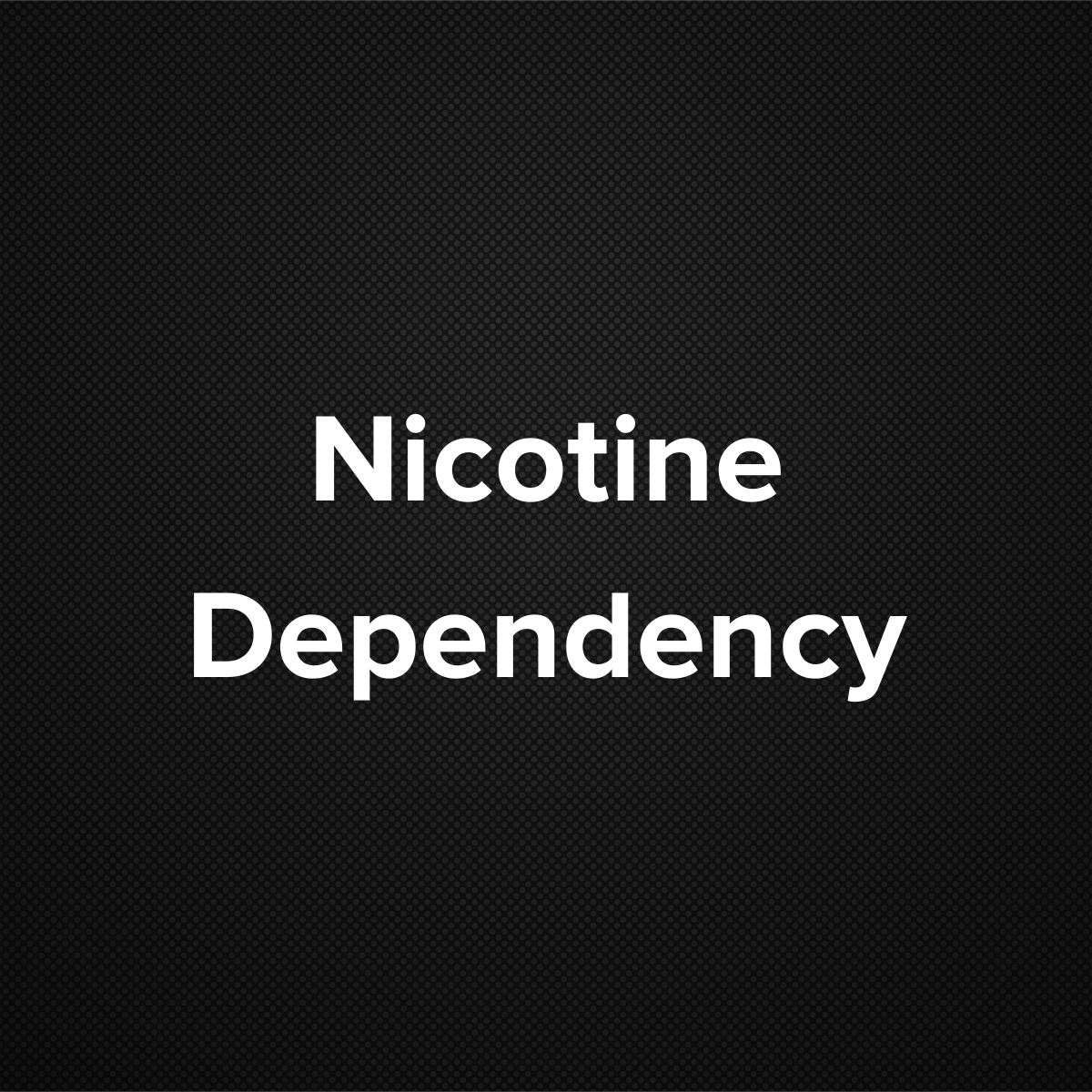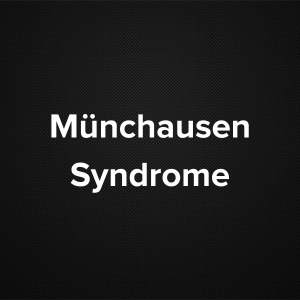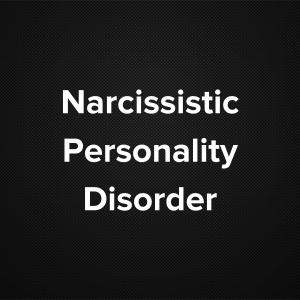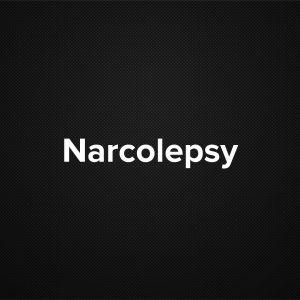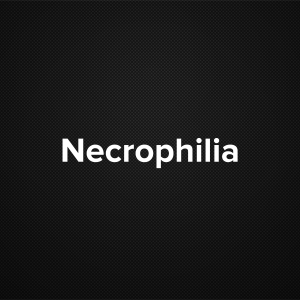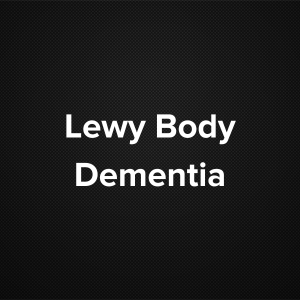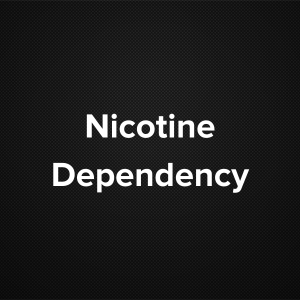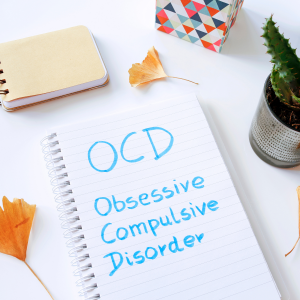Causes and risk factors
As the name suggests addiction to nicotine is the contributing factor. Nicotine bypasses all the sensory nerves and cause direct release of neurotransmitter which are responsible for feeling of gratification and pleasure.
Symptoms
Use of nicotine causes calmness, relaxation and alertness. It reduces the pain and increase the metabolism. It gives a feeling of euphoria to the patient. Nicotine addiction causes decrease in appetite hence the patient has complaints of weight loss and are often anxious. Addiction can lead to complications like lung or oral cancer, infetitility and various heart problems. It can also hamper the interpersonal relationship and reduces the work efficiency.
Investigations
Diagnosis is done on the basis of the symptoms narrated by the patient.
Treatment
The treatment constitute of Counseling. It is the first line of treatment. The patient is explained about the harmful effects of the nicotine. The patient is counseled about the existing stress if any. Certain therapies are advised to the patient which can be helpful to overcome the addiction. Use of certain products which helps to stop smoking or chewing tobacco, Hypnosis and use of certain herbs and supplements are advised to control the addiction. Certain medicines are advised which can help to stop addiction. Nicotine replacement therapy: is found to be effective. However, the best preventive measure is not to initiate smoking or chewing tobacco.
Other modes of treatment:
Certain other modes of treatment can also be helpful in coping up the symptom. Taking into consideration the symptoms in holistic way, homoeopathy can offer a good aid for the relief of the symptoms. It is also effective for deaddiction.
